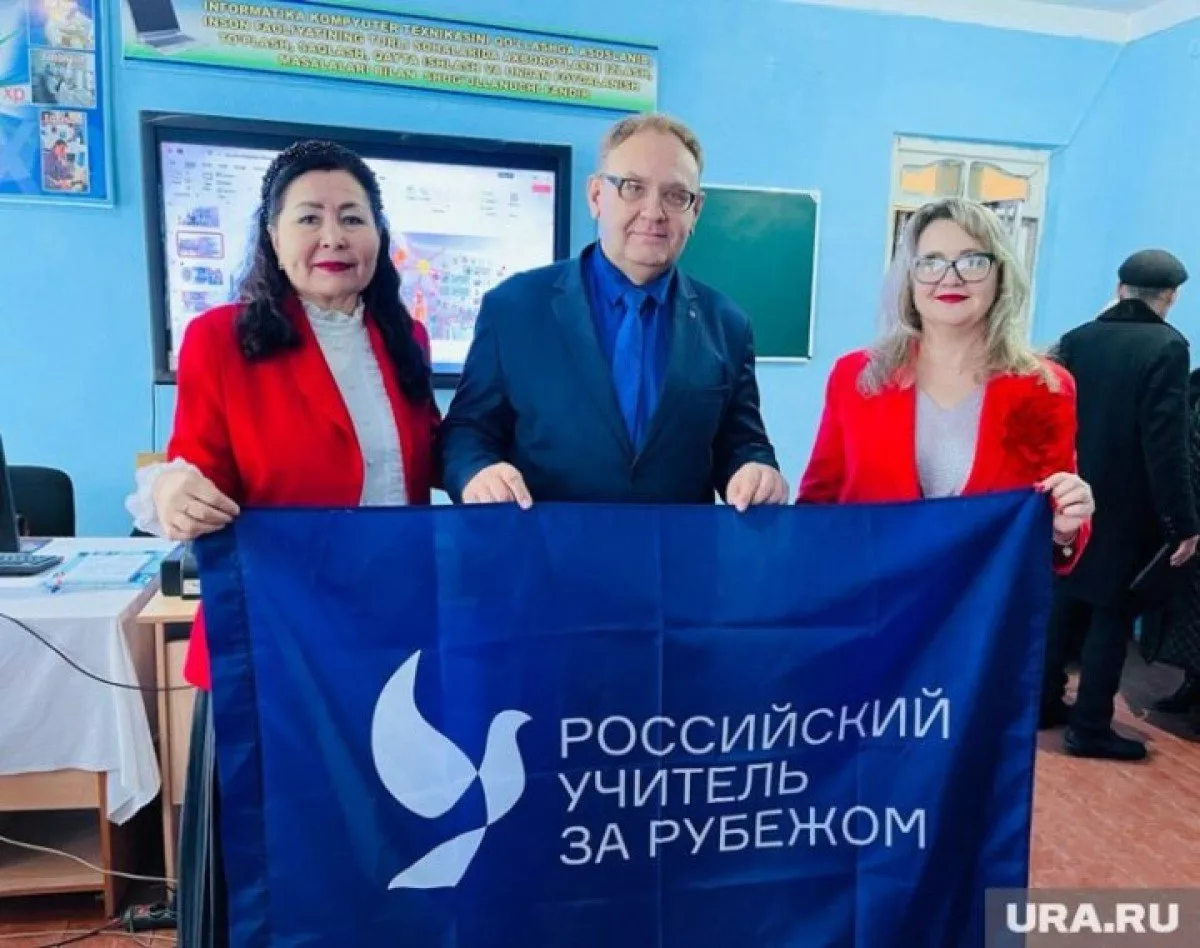Teaching of Russian language is strengthening in Uzbek schools

Russian teacher, Associate Professor Sergey Nikanorov of Shadrinsk State Pedagogical University is actively contributing to strengthening the status of the Russian language in Uzbekistan's secondary education system. This was reported by Upl.uz.
His work covers school students in the Sirdaryo and Fergana regions, as well as cooperation with local teachers at professional development centers. There, he shares modern methodologies for teaching Russian as a foreign language.
Alongside practical pedagogical work, as a philologist scholar, he pays great attention to scientific activities, especially striving to create relevant educational manuals. In an interview with journalists, Nikanorov provided information about his participation in international educational projects.
He stated that from February 2021 to August 2025, he actively participated in the “Russian Teacher Abroad” project managed by the International Cooperation Center under the Russian Ministry of Education. Currently, he is working on the “Class!
Great!” project implemented by the Russian State Pedagogical University named after Herzen. He emphasized that methods of teaching Russian as a foreign language differ fundamentally from working with native speakers.
The main problem faced by students and teachers in various regions of Uzbekistan is the almost complete absence of a Russian-speaking environment. After school, students lose the opportunity to practice the language.
Only two academic hours of Russian language lessons per week are allocated in the curriculum, which is insufficient for developing stable language skills. This poses a serious obstacle to mastering the language at the necessary level.
Additionally, key differences in language grammar also create difficulties. The Uzbek language belongs to the Turkic languages and does not have a gender category, which plays an important role in Russian grammar.
According to Nikanorov, students work on this topic for several years starting from the fifth grade and, if necessary, it is reviewed again in higher grades. The gender category is a major challenge in learning.
He has been paying special attention to this issue and plans to continue this work together with his colleagues. In Uzbekistan's education system, various programs exist depending on the level of Russian language learning.
In national general education schools, two hours per week are allocated for Russian language lessons. At the same time, there are schools with in-depth teaching – “Russian schools” – which provide up to five hours of lessons per week.
Students from these two types of schools show significant differences in knowledge when transitioning between systems. Nikanorov notes that he mainly works in national schools.
Regarding the cooperation environment, Sergey Nikanorov highly values the attitude towards Russian specialists. He says that in recent years, besides school activities, he has also cooperated with five higher education institutions in Uzbekistan.
Everywhere, he has been warmly and respectfully received by colleagues and students, which greatly encourages the development of joint projects. His scientific and methodological activities are also yielding results.
In 2024, his contribution to the development of the Russian language and education in Uzbekistan was recognized with a letter of appreciation from the Russian Ministry of Education. In 2023 and 2024, together with Gulistan Pedagogical Institute teacher O.I.
Gizatulina, he published the textbook “Oral Folk Art in Russian.” For 2025, a new educational manual titled “Methods of Teaching Russian in Primary Grades” is planned to be published in cooperation with M.S.
Ahmedova, a teacher at a higher education institution in Tashkent.

